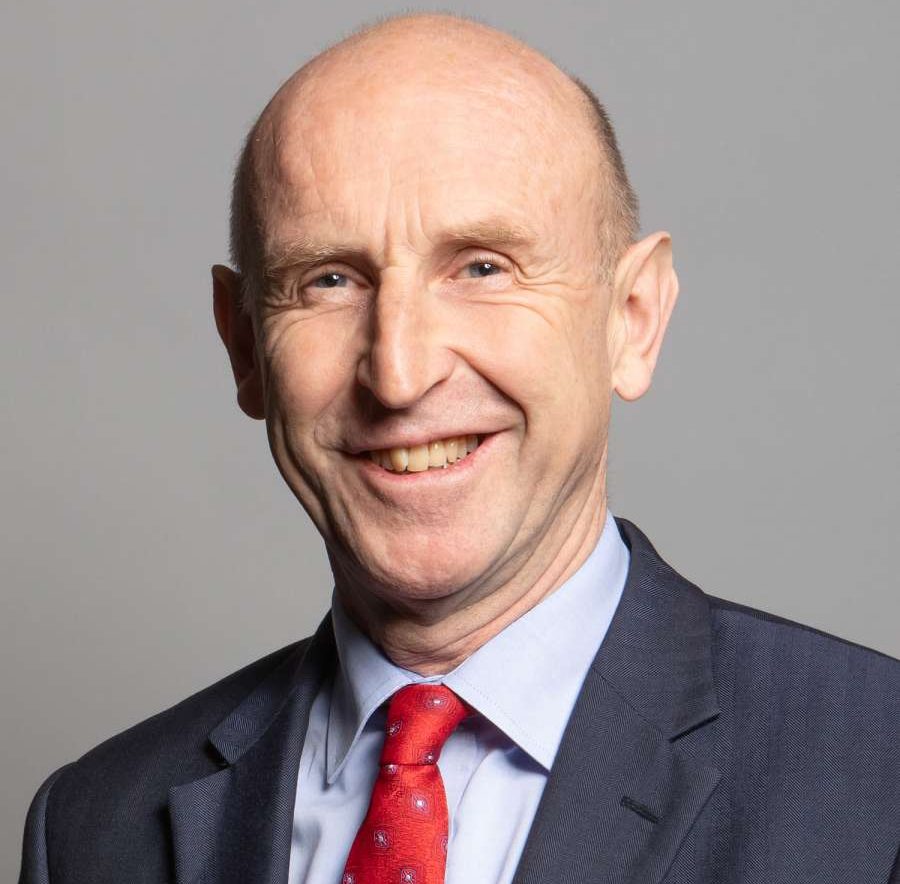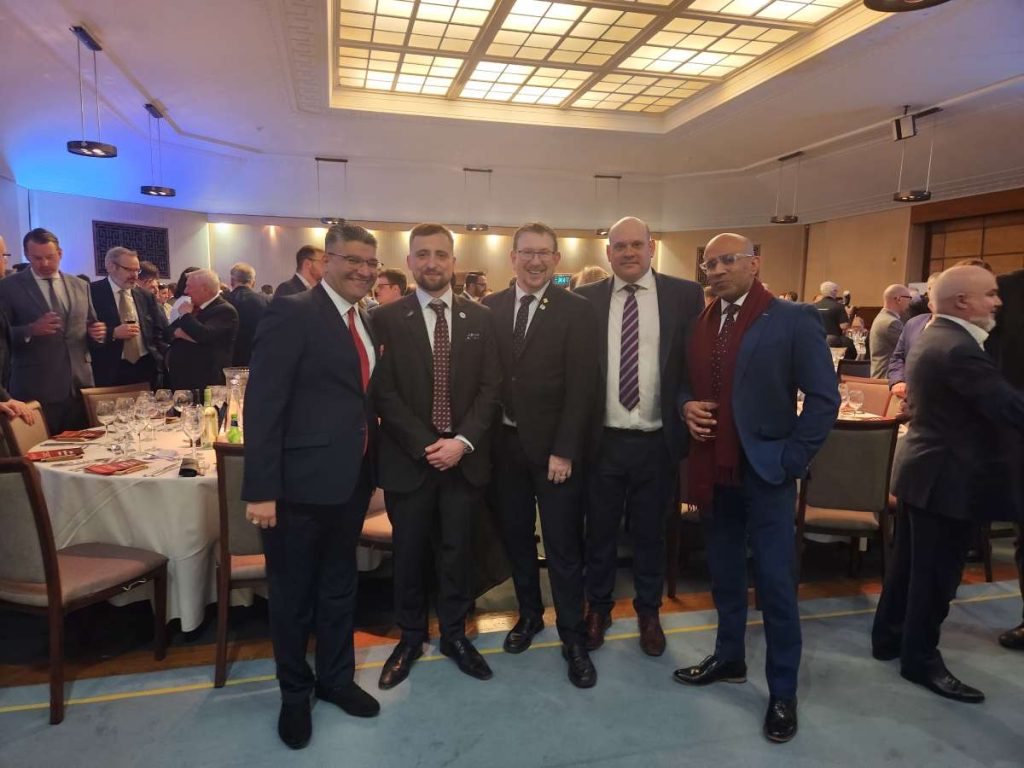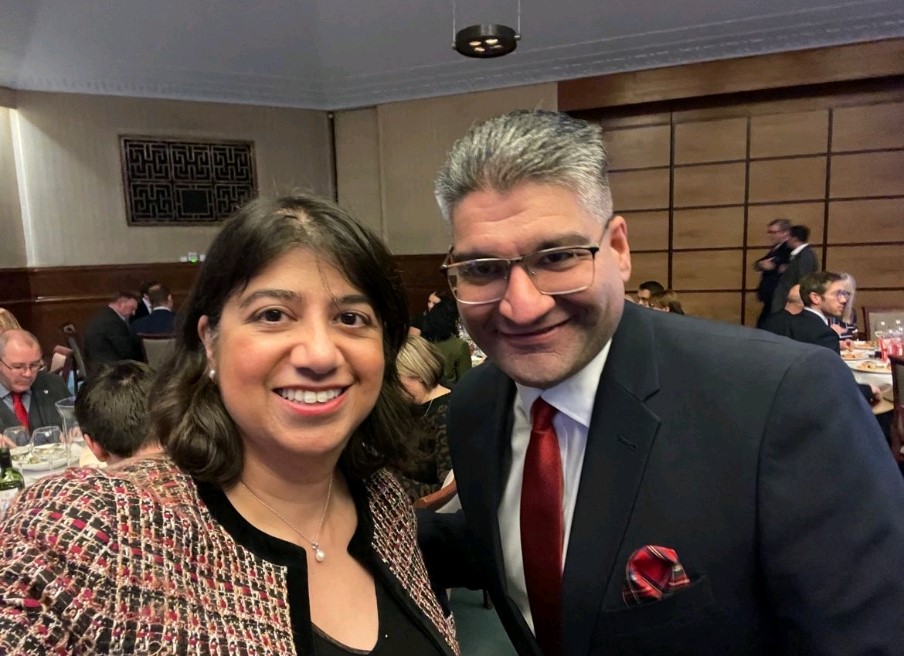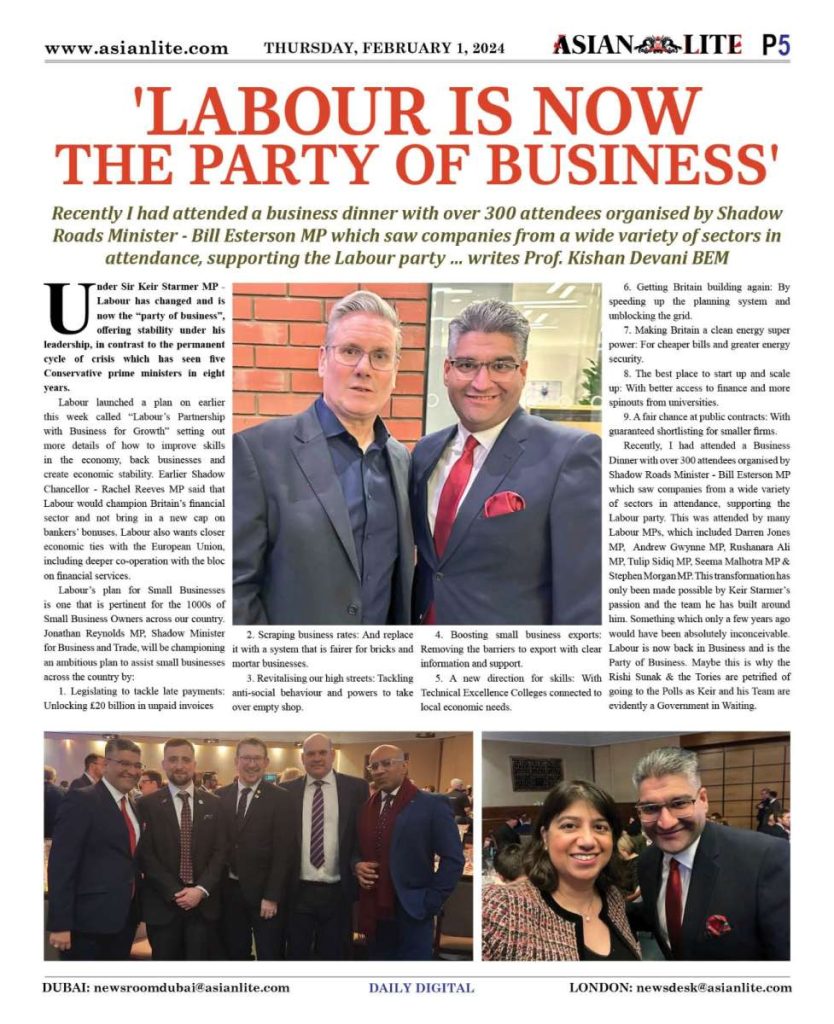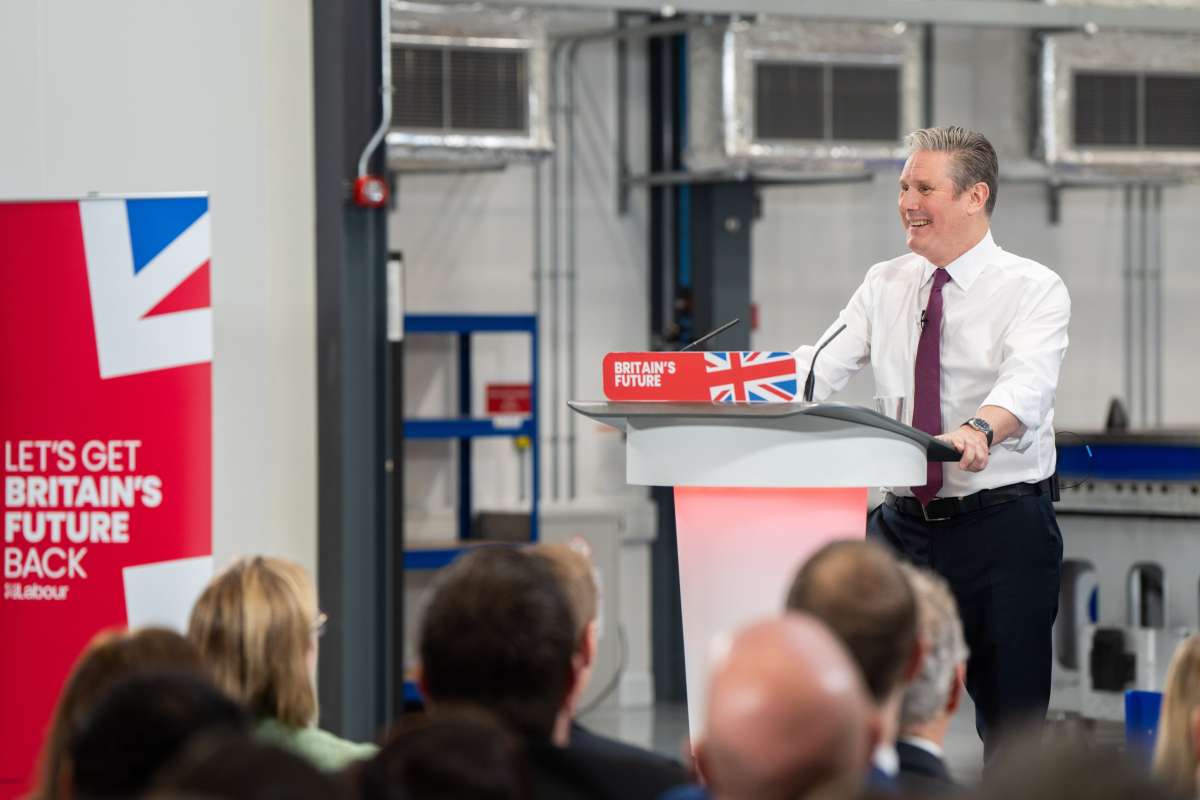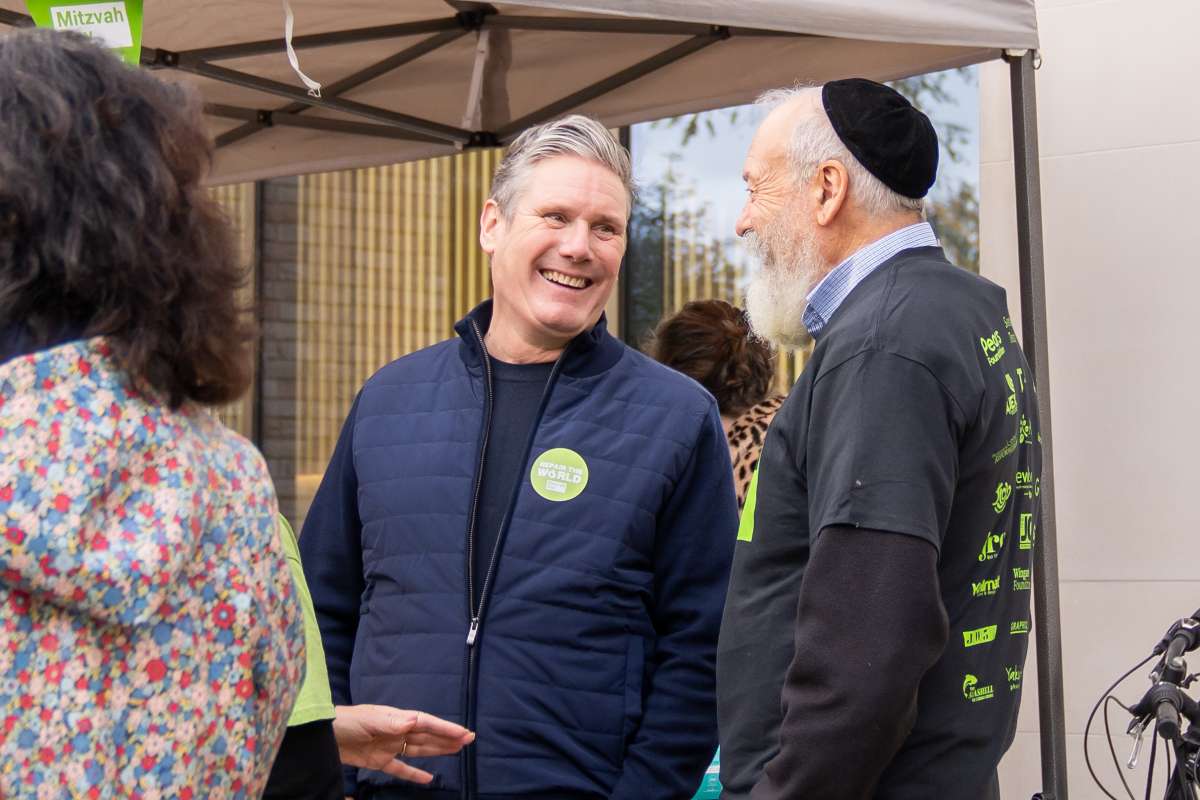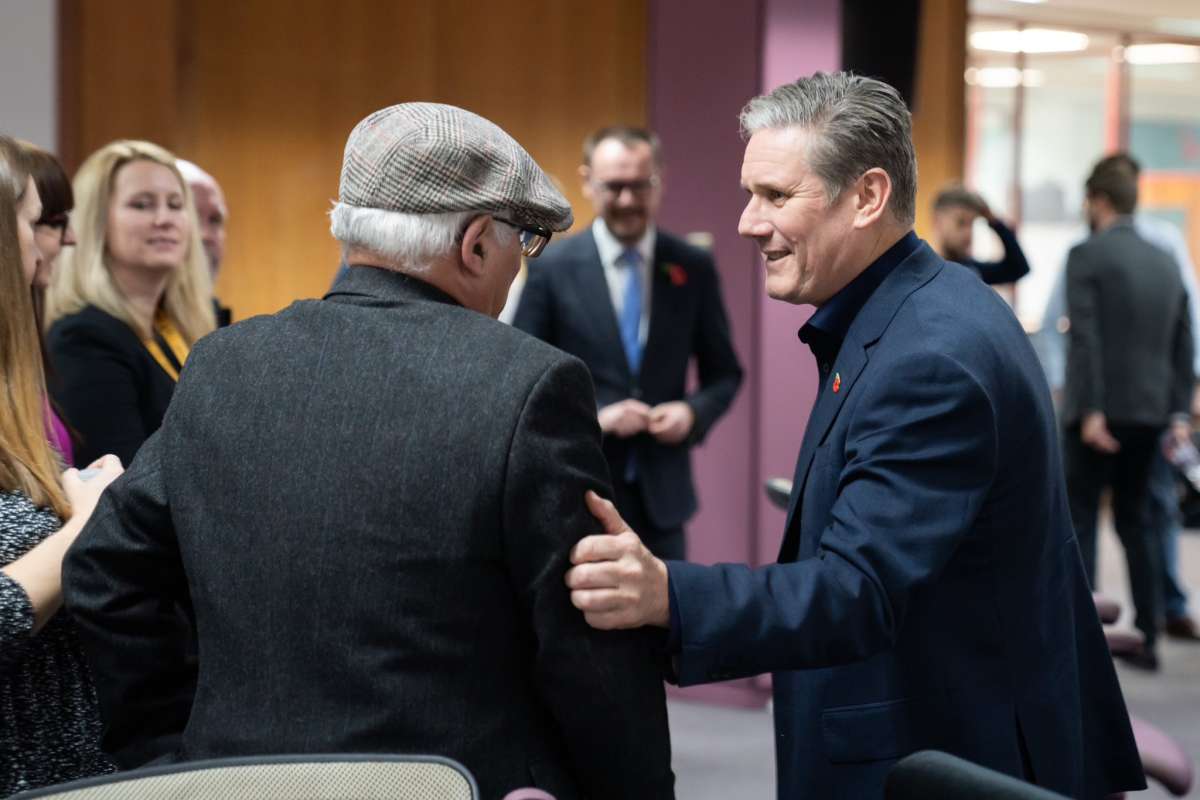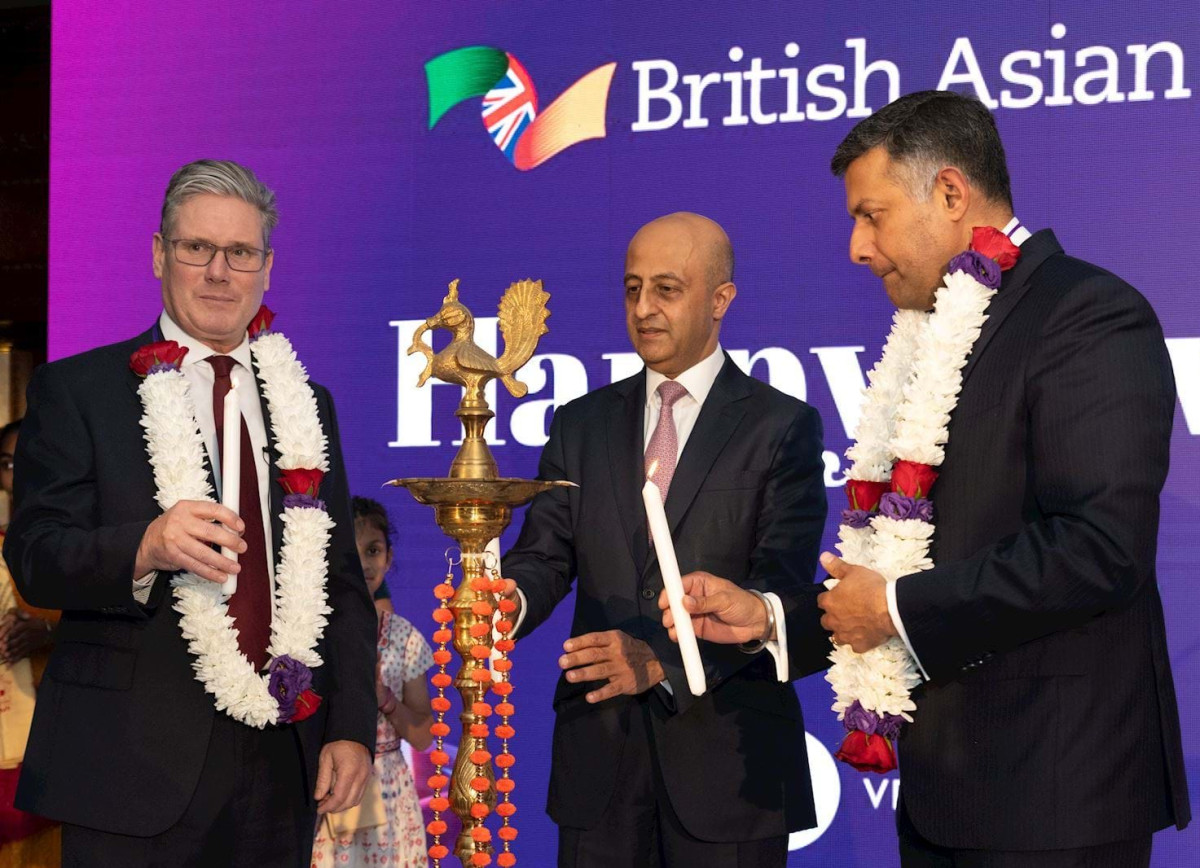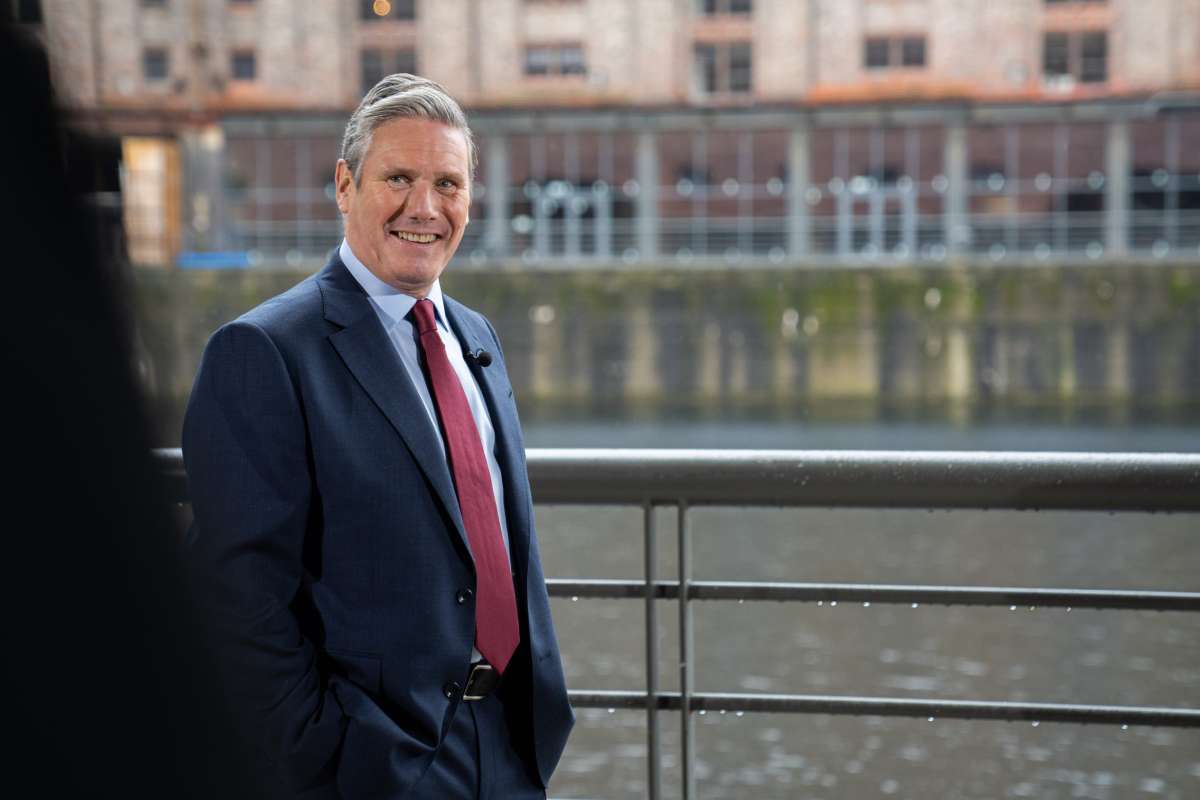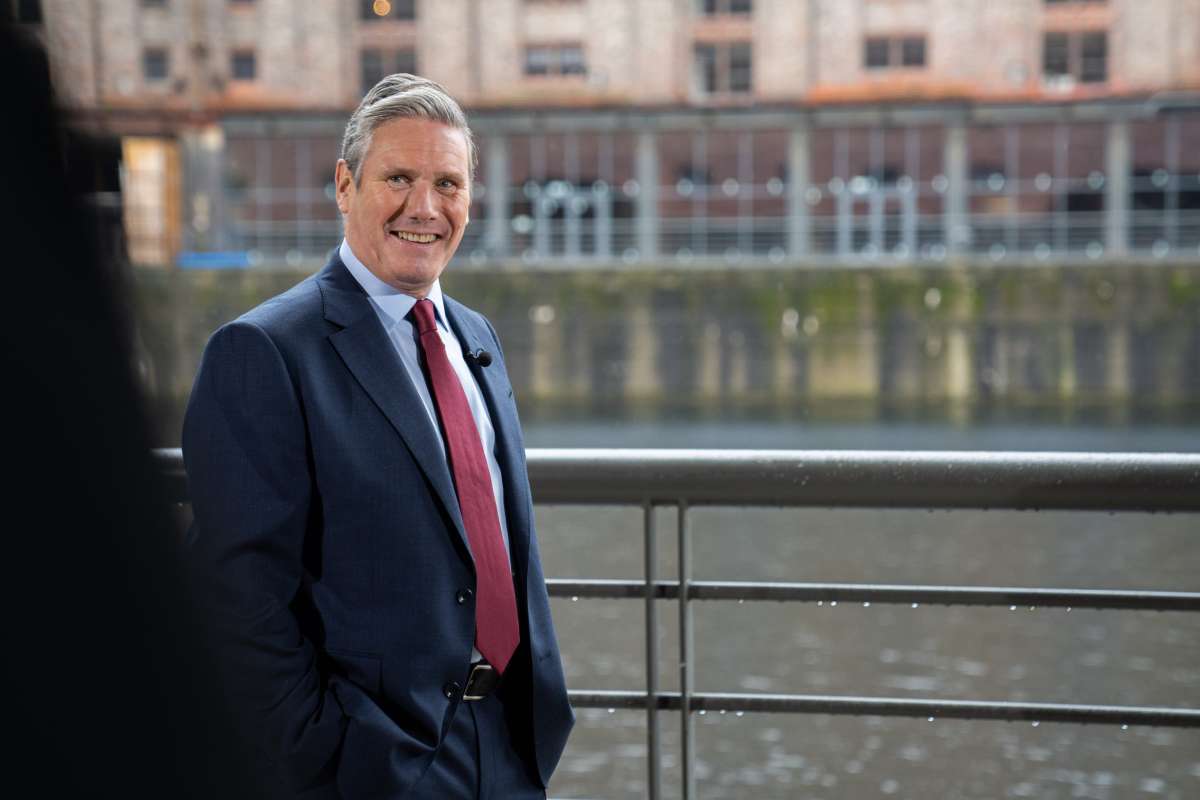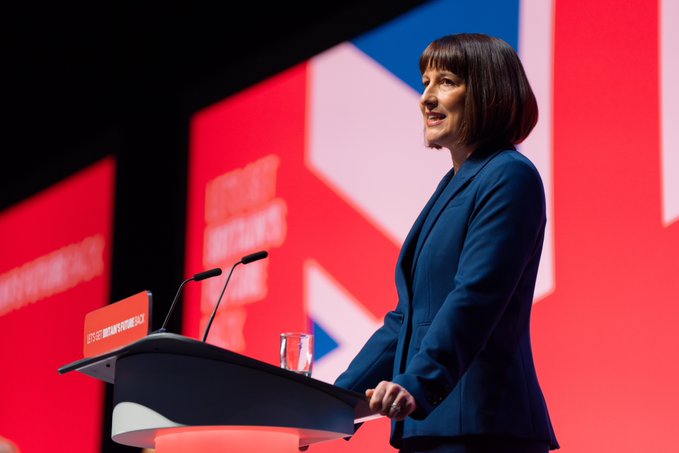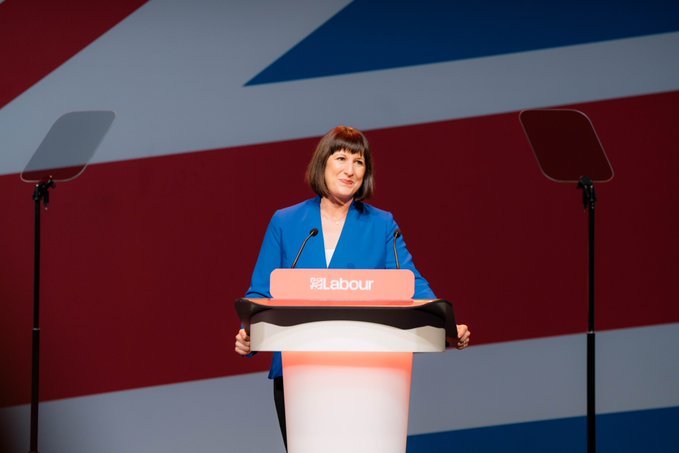John Healey has pledged, as the party struggles to deal with an ongoing row about comments made by its candidates…reports Asian Lite News
Labour will act to block people not fit to be MPs, shadow defence secretary John Healey has pledged, as the party struggles to deal with an ongoing row about comments made by its candidates.
He insisted the party was diligent when picking candidates to be MPs but added: “You can’t see everything, everywhere.” The Jewish Labour Movement said it had not been Labour’s “finest hour”.
Chair Mike Katz said members who failed to call out offensive language should also be suspended. Labour leader Sir Keir Starmer has defended himself against criticism, saying he “acted decisively”.
In the past week, the party has suspended two of its parliamentary candidates, over comments they allegedly made at a meeting, which the BBC has been told was attended by Labour politicians and leaders from the local Muslim community.
Azhar Ali had been the party’s candidate in the Rochdale by-election, due to take place on 29 February.
Over the weekend, the Mail on Sunday reported that Ali had suggested Israel “allowed” the 7 October attacks by Hamas, at the meeting. Ali “unreservedly apologised” for his remarks and Labour said it would continue to campaign for him.
However, the party subsequently withdrew support after the Daily Mail reported Mr Ali had blamed “people in the media from certain Jewish quarters” for the suspension of MP Andy McDonald from Labour.
On Tuesday, the Guido Fawkes website published audio allegedly from the same meeting, in which Graham Jones, the Labour candidate in the Hyndburn constituency, used an expletive to describe Israel and said British people who fight in the Israel Defense Forces “should be locked up”.
Jones was suspended by the party and is now facing an investigation. The leader of the Labour group on Hyndburn Borough Council Munsif Dad also attended the meeting and has been spoken to by Labour. He has not been suspended from the party.
Healey told Jones’ comments had been “unacceptable”.
Asked if all Labour councillors who were at the meeting should also be suspended, Mr Healey said the party would “follow the hard evidence that comes to us”. “What is important is, if new info comes to light – as in this case – we will act to investigate, we will act to block those who are not fit to serve as MPs.”
He said that withdrawing support from its candidates was “regrettable but essential” and that Labour would put the “country’s interest before party interest”.
The shadow minister added that he “really feels” for the people of Rochdale who want to vote Labour. “We have left them without a candidate,” he said.
Although Labour has withdraw its support, electoral rules mean Mr Ali will remain on the ballot paper as the party’s candidate.
The party has withdrawn support for Azhar Ali but it came too late to stop campaign leaflets landing on doormats in Rochdale
Katz also welcomed the “swift” suspension of Mr Jones adding: “To be in that meeting, to have heard that rhetoric, to have been a bystander, to have not called it out at the time, or indeed subsequently, that really calls into play your judgement.”
He added that the party owes people in Rochdale an apology for having selected Ali as their by-election candidate prior to his suspension.
“This has not been the party’s finest hour – we have huge lessons to learn but the direction of travel is very much upwards, it’s very much in the right direction.”
He said it was now “highly likely” that George Galloway will be elected in Rochdale.
The former Labour and Respect MP is running in the by-election for the Workers Party of Britain and has focused his campaign on the conflict in Gaza.
Conservative Justice Minister Laura Farris told Times Radio: “It is absolutely extraordinary in this day and age that there could have been a public meeting where…parliamentary candidates, were spreading the worst kind of conspiracy theories about what was a pogrom on the 7 October.
“And that that obviously wasn’t just one lone voice, but it was an attitude that was sort of fostered and shared.” She said the Labour leader had “stood by somebody who said that effectively Israel had done it to itself”.
Scottish Labour leader Anas Sarwar defended Sir Keir, saying he had been “resolute” in tackling antisemitism in the party. He said people had the right to criticise Israel but that was separate to “general comments about Jewish people”.
“Just like we have to separate Hamas from the Palestinian people, we have to separate Benjamin Netanyahu and his far-right government from the Israeli people….the people of Israel want peace, the people of Palestine want peace – those blockers to peace are the ones we have to break through.”
ALSO READ- UAE explores labour market ties with India, Bangladesh

